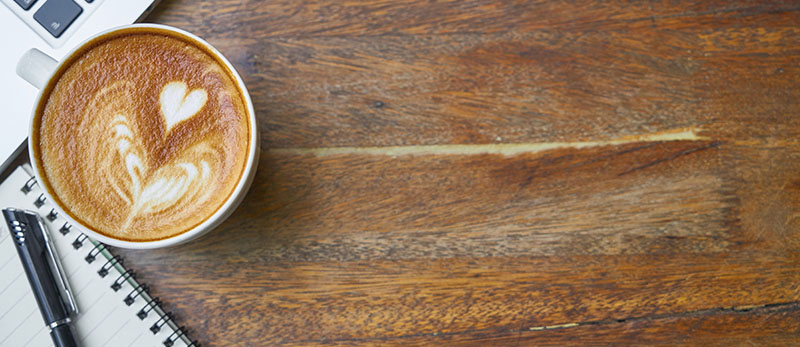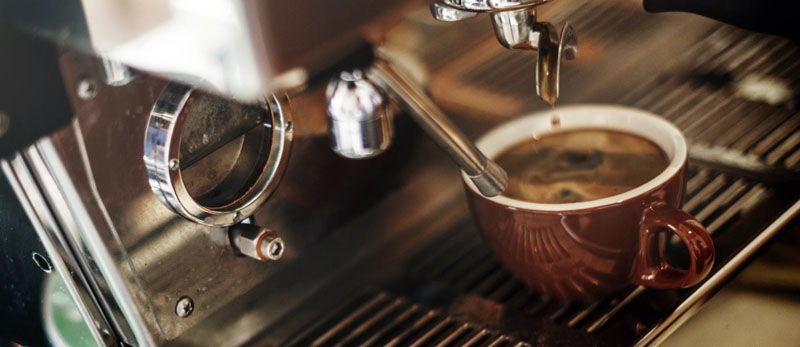Coffee linked to reduced risk of skin condition Rosacea

A study was carried our by researchers from Qingdao University in China, Harvard University and Brown University in the United States.
The peer-reviewed study was funded by the Dermatology Foundation and Brown University, and found links between coffee consumption and reduced risk of Rosacea.
What is Rosacea?
Rosacea is a common, poorly understood inflammatory skin condition that causes flushing and irritation of the skin. The symptoms can be present for up to a few weeks, before eventually fading.
The exact causes of the condition are unknown, however sunlight, heat, alcohol, spicy food and hot/caffeinated drinks have been suggested as potential triggers for the condition.
The JAMA Dermatology Study
The study began in 1989 – women were asked for information about their diet every 4 years, which included how often they consumed certain foods and drinks containing caffeine.
Researchers used data from the United States Nurses’ Health Study. They found women who reported drinking coffee regularly were less likely to be diagnosed with Rosacea.
They were compared with those who rarely or never drank coffee. The biggest risk decrease was seen with women who consumed 4 or over cups of coffee a day – who were found to have a 23% lower risk of Rosacea.
It’s worth noting that this is just a link between coffee and a reduced risk – it’s not a cure, but it is very interesting nonetheless.

What do the results say?
82,737 women took part in the 16 year study.
4,945 were diagnosed with Rosacea (59 per every 1,000 women)
For the women who drank 4 or more cups of caffeinated coffee daily, there were roughly 4 diagnoses of Rosacea for every 1,000 women per year.
For the women drinking 1 or less cup of coffee a month, there were roughly 5 diagnoses of Rosacea for every 1,000 women per year.
Can other caffeinated drinks give the same results?
When researchers looked at other foods and drinks that contain caffeine such as tea, carbonated drinks and chocolate – they found no link between these and reducing the risk of this skin condition.
The researchers said: “We provide evidence that caffeine intake and caffeinated coffee consumption are associated with a decreased risk of incident Rosacea.”
You can read the entire study online:
Association of Caffeine Intake and Caffeinated Coffee Consumption With Risk of Incident Rosacea In Women
